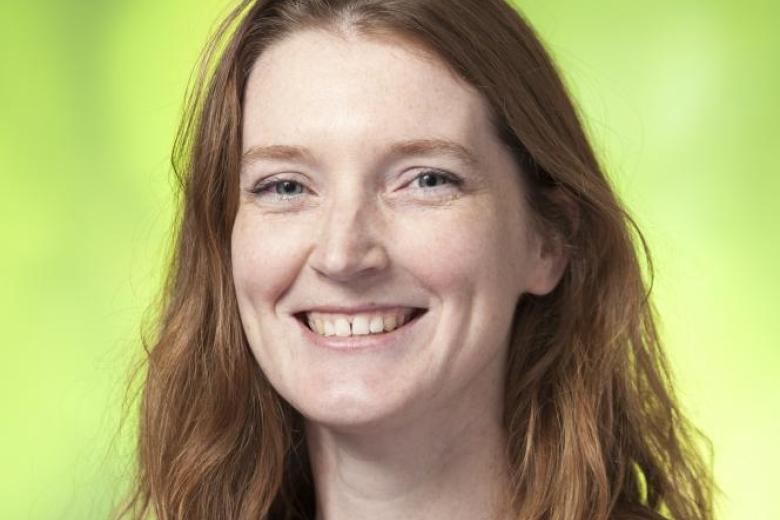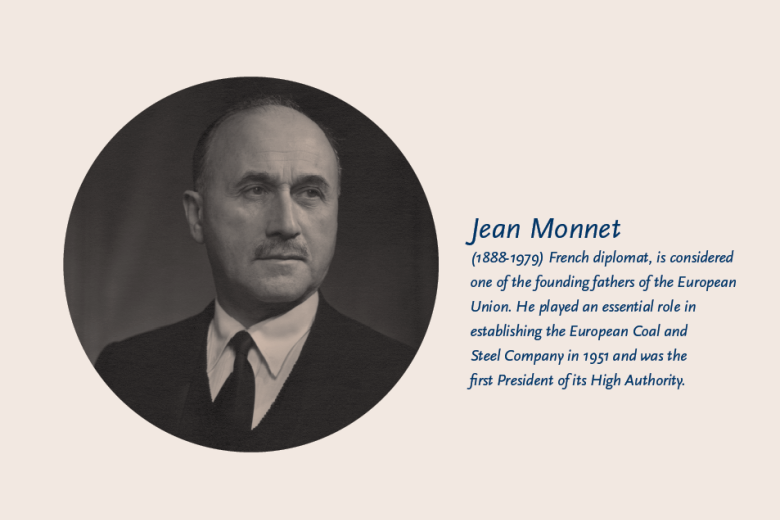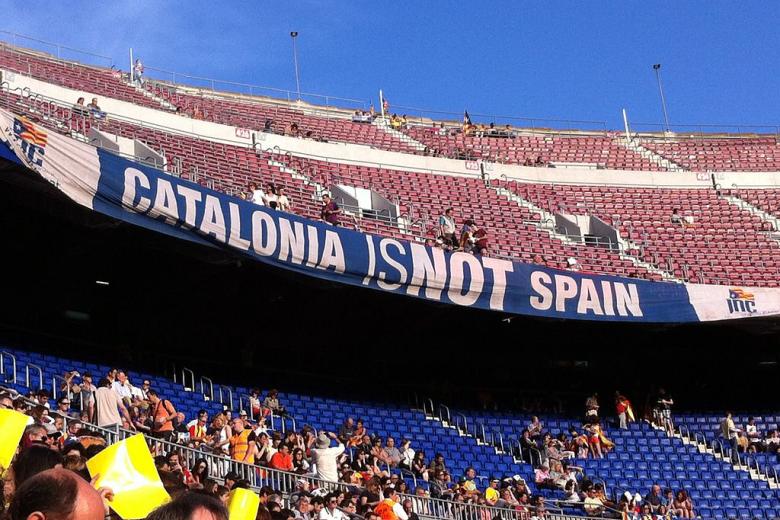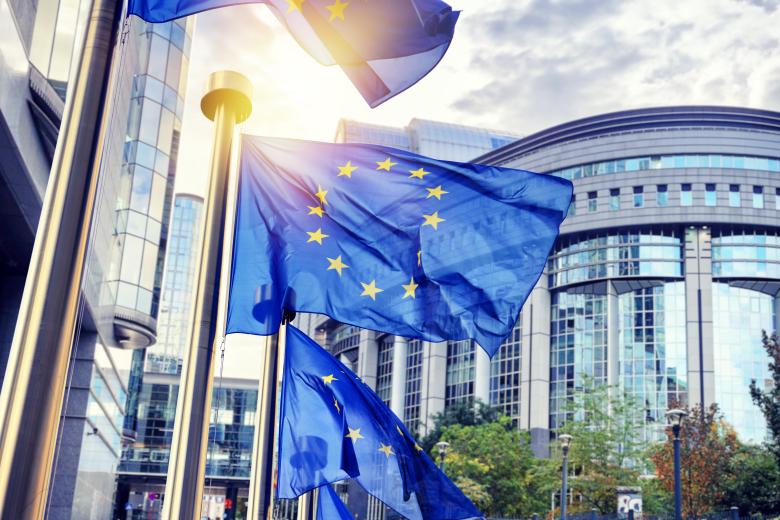European Day for the Victims of Crime
On February 22, it's the 'European Day of the Victim'. On this day, various organizations at home and abroad pay attention to victims of criminal offenses. For example, Victim Support Europe organizes a symposium in Brussels titled 'Leave No Victim Behind: Victims' Rights and the Sustainable...









